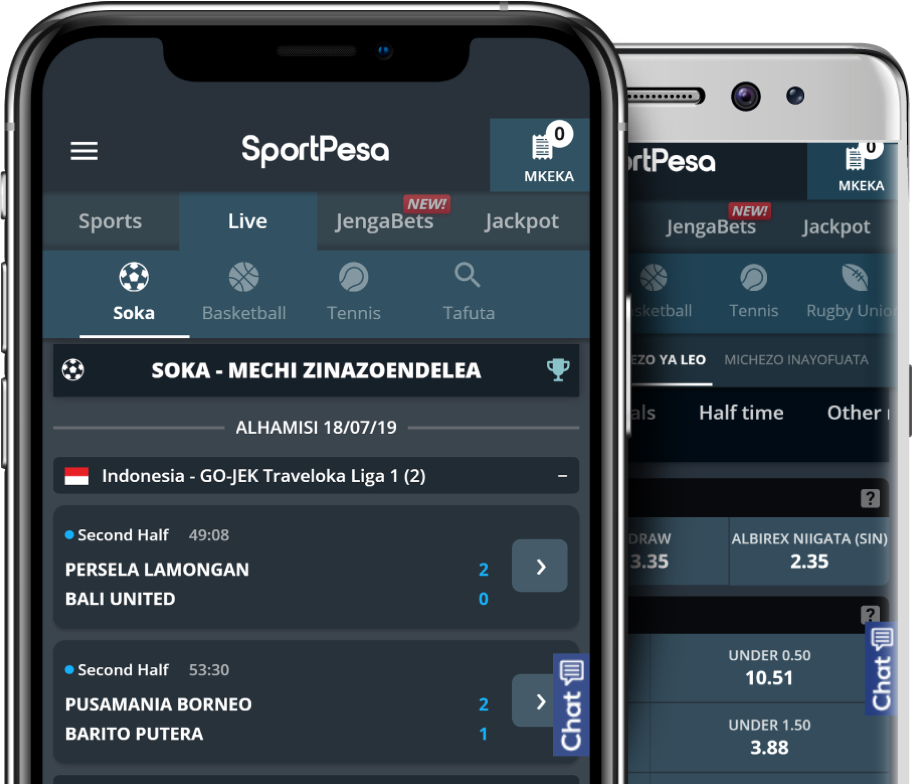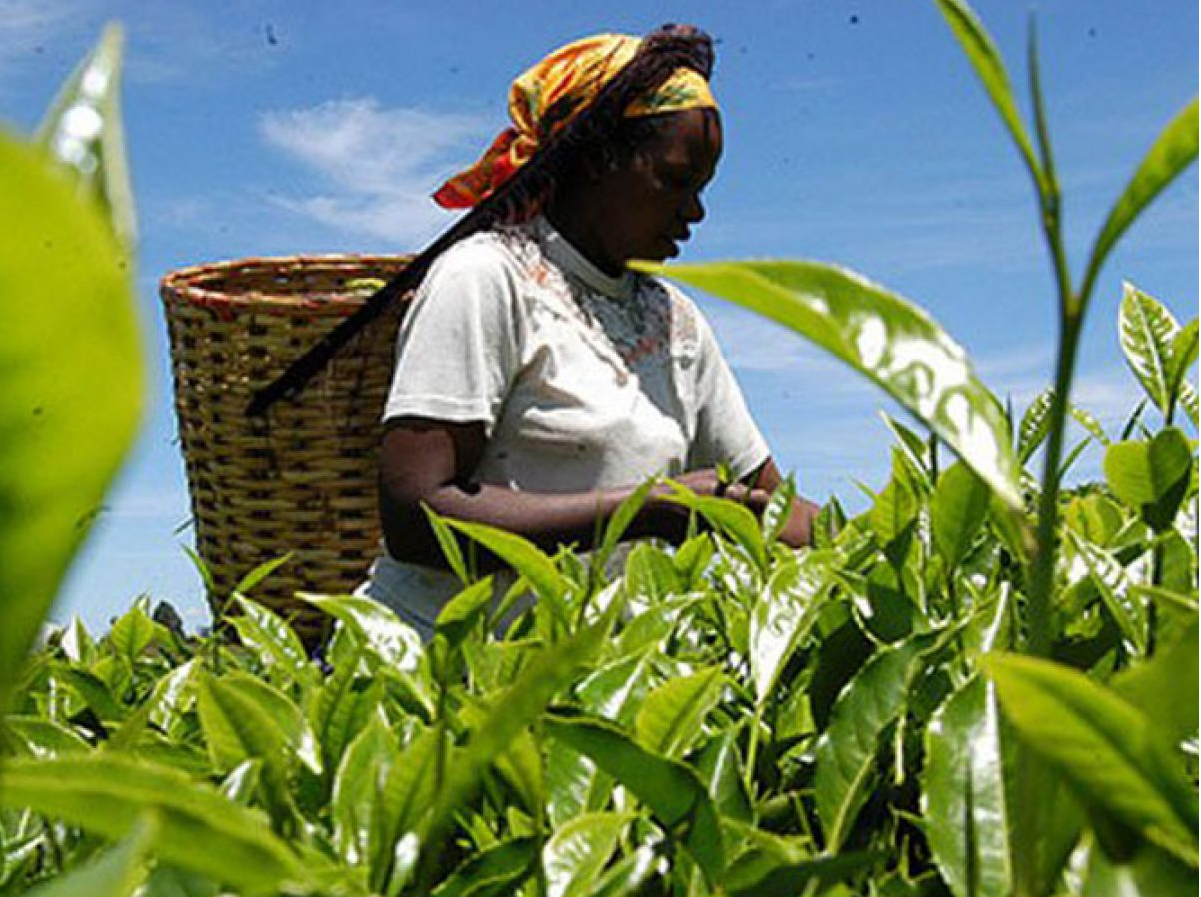Kenyans spent at least Ksh83.2 billion in six months ended September 2021 to place bets, new data has shown. The amount was deposited to betting sites through Safaricom’s M-Pesa platform alone, a 69 percent jump from Ksh49.2 billion a year earlier.
Safaricom earned Ksh2.95 billion from the betting craze, an increase from Ksh1.48 billion a year earlier. On the other hand, the Kenya Revenue Authority collected at least Ksh6.2 billion from punters using M-Pesa.
In what appears to be a growing betting addiction in the country, bets funded from M-Pesa accounts surged 84.7 percent to 347.8 million. The government has been trying to discourage betting through heavy taxation, which includes 7.5 percent of the value of bets placed, 20 percent of winnings and corporate taxes on betting firms.
For every Ksh100 you place as a stake, firms would be required to set aside Ksh20 as excise duty. The 20 percent tax was initially introduced in 2019, but betting firms successfully lobbied to have it removed through changes to the Finance Act 2020. Betting has in the past decade become a multi-billion dollar industry in Kenya – with sports betting and lottery brands such as Sportpesa, Betika and Odibets becoming some of the country’s most recognizable firms.
As of 2019, there were over 100 betting companies in the country, forcing the government to start a crackdown that saw the number drop drastically.
The Betting Control and Licensing Board (BCLB) in September announced that it had suspended 70 M-Pesa pay bill numbers for unlicensed or unauthorised gaming activities run through broadcast channels.
Being private entities, it has been hard to know what betting companies mint from Kenyans, since they are not required by law to make public their earnings.
Read: KRA Eyes Betting Billions With 20% Stake Tax
>>> States Shattering Sports Bẹtting Records












Leave a comment